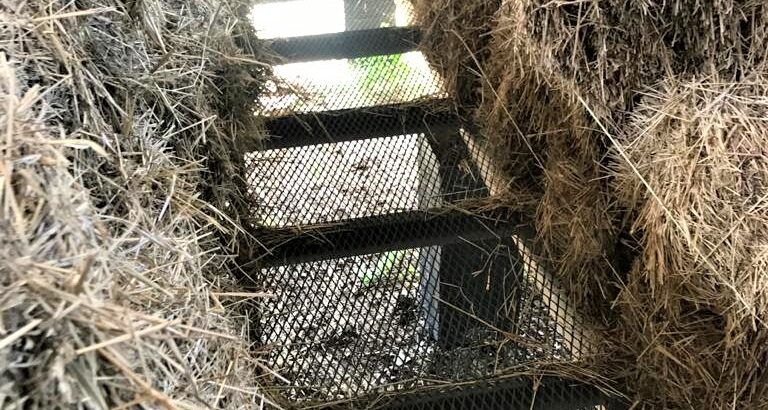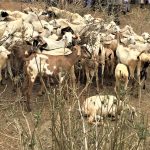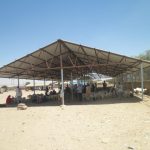Acceptance of innovative technologies and practices is determined by the extent to which they are adapted to cater for market-specific requirements and the process through which they are disseminated to the users in the market. With the support of IDDRSI IL project, funded by USAID, an assessment in Karamoja cluster identified various resilience enhancing technologies that have had proven results. From these, three business cases, namely, commercial hay production, fodder seed multiplication and fortified animal feed production were developed. The findings were presented in a virtual meeting of private sector stakeholders drawn from Ethiopia, Kenya, South Sudan and Uganda on 3rd August 2020.
The participants were welcomed by Dr. Ameha Sebsibe, on behalf of the ICPALD Director, after which the meeting was opened by Fredrick Aloo, representing Director of Livestock Production, Ministry of Agriculture, Livestock, Fisheries and Cooperatives. They both emphasized that improving commercial production of fodder and fodder seeds is critical for better performance of the livestock sector, which employs over 80% of ASAL inhabitants. ASALs constitute about 60-70% of IGAD land mass. 56 participants largely drawn from the private sector and a few from the public sector-regulators, banking sector-financial lending institutions, ICPALD and IGAD Secretariat, attended the meeting.
The meeting made the following recommendations:
- Governments should facilitate the private sector to improve commercial fodder production through various incentives, capacity development, as well as harmonize policies at regional level to promote regional trade in the cluster and beyond.
- Private sector should seize the investment opportunities in fodder value chain using available loan facilities from financial institutions to promote investment in the sector.
- Government/Counties/Private sector should invest in infrastructure that supports fodder/seed production, value addition, storage and marketing (physical and e-platform).
- Governments in partnership with the private sector (PPP) and/or private sector should invest in successful fodder and seed interventions to meet regional and international demands and improve the market share.
- Governments should strengthen certification of fodder seeds to mitigate quality issues, improve confidence and enhance trade.
- Strengthen research to promote fodder production for commercial purposes.
- Financial institutions should continue with awareness creation to private sector investors on available loan facilities and collateral requirements.
Acknowledgement: ICPALD expresses appreciation to USAID for funding this activity.






